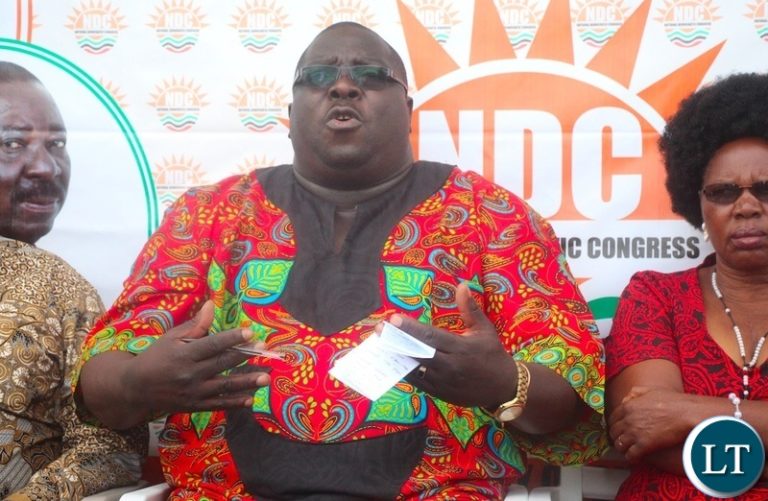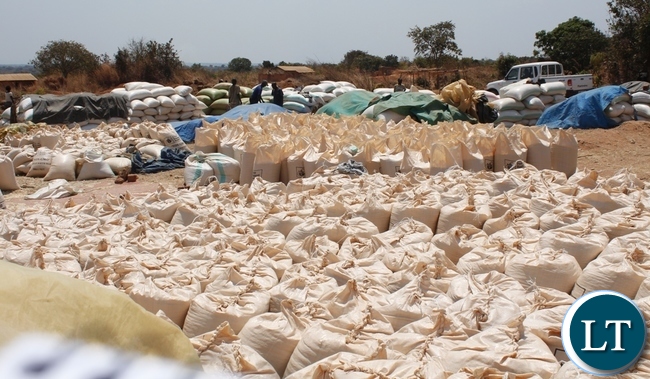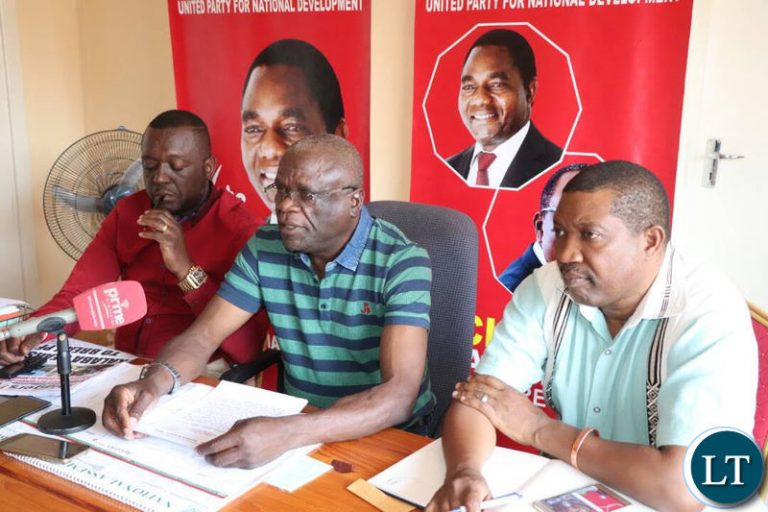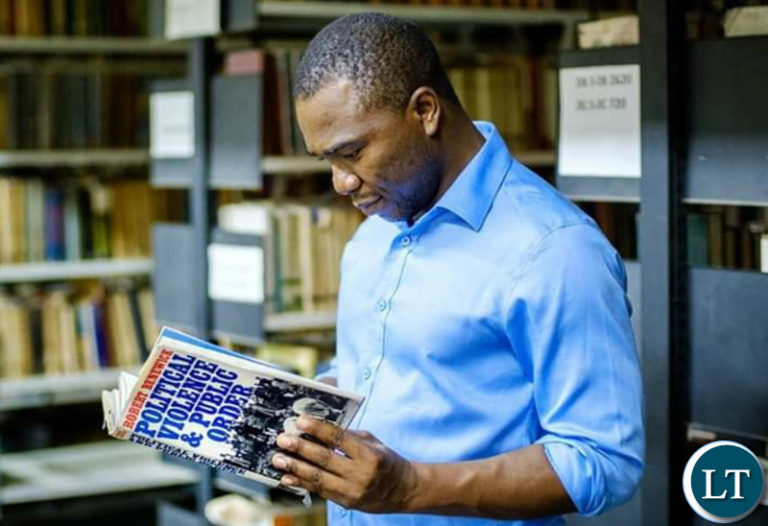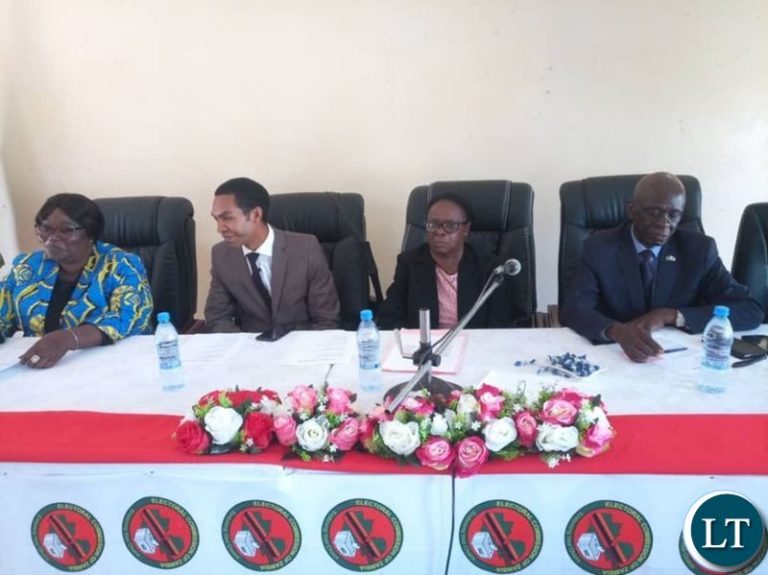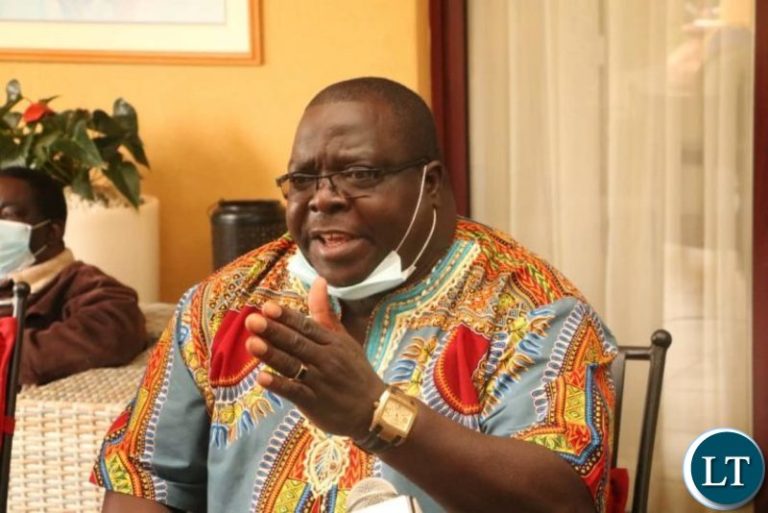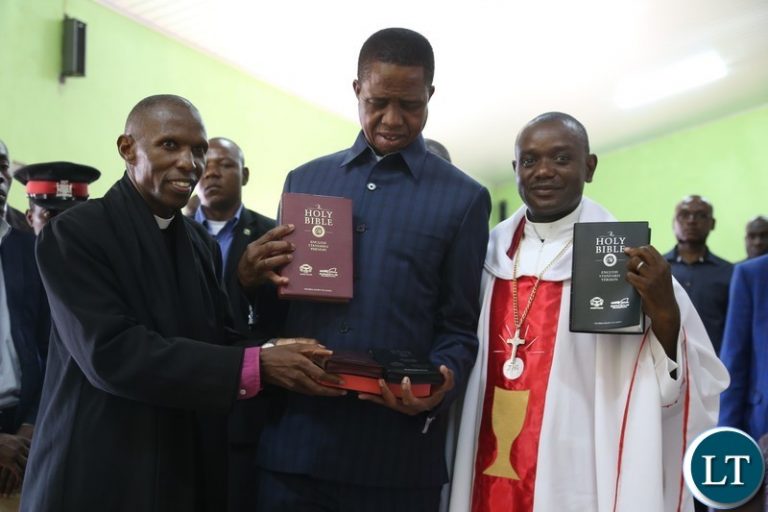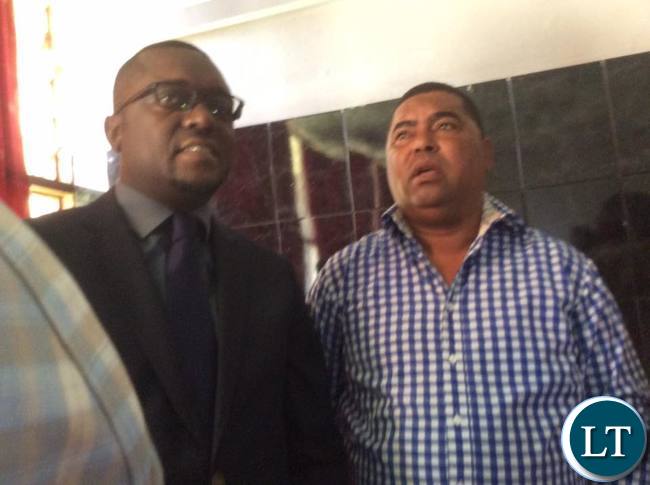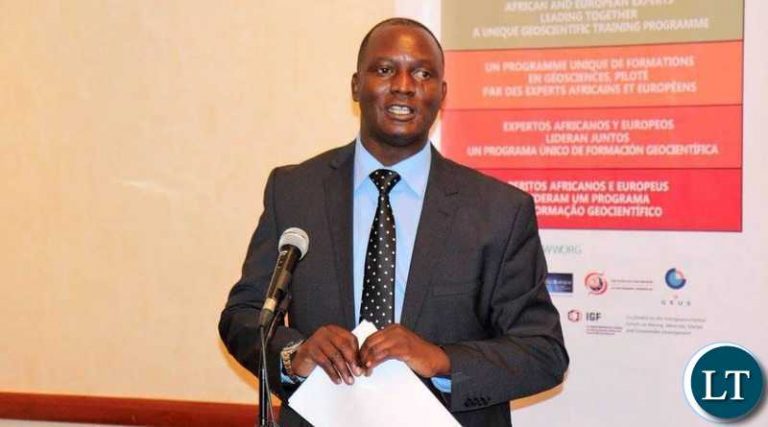By: Anthony Bwalya – UPND Member
For the avoidance of any doubt, I had to contact a news source in Rwanda to confirm the existence of a testimony before a Rwandan court, linking President Edgar Lungu to terrorism financing activities in that country – and the testament does exist.
Whether or not the testimony is actually true remains a story for another day.
But let us be clear, this is not just an Edgar Lungu problem. This is a Patriotic Front (PF) political establishment issue. The man is the leader of the PF, and we will assume the PF knew something of this; otherwise let them deny they had no knowledge of the President’s alleged activities in Rwanda.
Now, earlier this year, the Patriotic Front (PF) regime headed by President EDGAR Lungu, ignoring all public outcry and condemnation, went ahead and gave away a substantial portion of Zambia’s known gold deposits to Karma Mining and Array Metals in a bogus Joint Venture transaction for a paltry $2.5m initial capital injection, while allowing Array metals to sit on close to $500m worth of unprocessed gold and dominate the gold raw materials supply and processing chain to the JV in which Karma Mining holds majority stake.
On 27 May 2020, the United Party for National Development (UPND) delivered a detailed letter highlighting major due diligence lapses in the manner the JV with Karma and Array Metals was entered. We argued that President EDGAR Lungu failed in his duty to ensure that the Industrial Development Corporation (IDC) which owns ZCCM – IH, conducted basic due diligence checks on Karma and Array Metals before the JV was signed.
One of the key questions we raised was that Karma being a Sudanese entity, and Sudan being a country known for sponsoring state terrorism and continues to be under sanctions by the US, UK, EU and UN for its sponsoring of terrorism.
We also raised concerns around the fact that the Vice President of Array Metals has established links to a Sudanese army general under UN sanctions and that the two enjoyed irrefutable ties to the ruling elite in the Ugandan government.
In the 2018 Financial Intelligence Center (FIC) Report, Case 3 was a terrorism financing transaction on Zambian soil, where identified individuals of foreign origin used a foreign owned company hastily registered in Zambia to engage in sponsoring terrorism activities in a known and identified African nation. The report further indicated that this information had been passed on to competent authorities in Zambia for further investigation. We have never heard anything of this case since 2018.
In the absence of any formal investigation over Case 3 of the 2018 FIC report, there is good reason to believe that the terrorism linked transaction was in respect of either Rwanda or Sudan.
Fast forward to early 2020, Zambia witnessed terrorism on home soil as “unknown” people went round every corner of our country gassing citizens in a systematic, well coordinated manner. To date, nothing sensible has come out of this.
Now, the events around the narration to a Rwandan Court by Major Callisto Nsabimana “Sankara” in which the name Edgar Lungu is mentioned, allegedly wiring money to the National Liberation Front (FLN), an armed wing of the opposition the Rwandan Movement for Democratic Change (MRCD) takes place in late December 2017.
In 2012, the PF had sent “youths” to Sudan to “study” unknown courses at the African International University. To date, there is no record of any Zambian youth having formally graduated from this institution in any discipline. This continues to raise questions around what those PF “youths” had been doing in Sudan.
But what is also known, is that the party in power has established a highly organized, militarized and well equipped wing of its party establishment. This is the same wing that continues to terrorize Zambians through home grown violence, violent threats, intimidation, extortion and murder.
We also know from publicly available information, that Zambia hosts a number of wealthy Rwandese who are sworn enemies of President Paul Kagame. These have a motivation to not only sponsor a move on Kagame’s government using Zambia as a launch pad, but also to fund the ruling party in Zambia in exchange for a safe haven.
So while the Rwandan story sounds like something out a science fiction movie, it is in fact plausible.
The worry for Zambians, if this allegation has even an ounce of truth in it, should be that we have a President and a ruling party that are actively participating in terrorism abroad, and this has the potential to jeopardize not only Zambia’s diplomatic relations with other countries, but also expose our country to retaliatory terror attacks against a foreign state.
And while if this story is untrue, as State House claims, let the President or the Zambian government sue “Sankara” for making such a gross allegation against a sitting President of another country.
Anything less will raise doubts about the credibility of both this President and his ruling party to continue governing our country.
We all have been given enough reason to have to change government in 2021. If we do not, we will have ourselves to blame.





